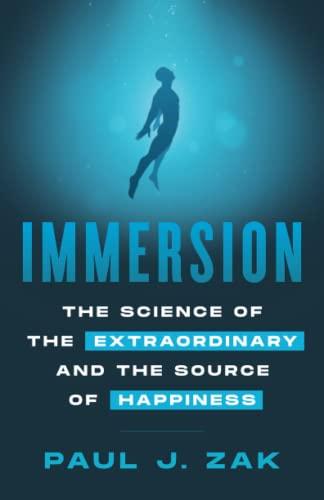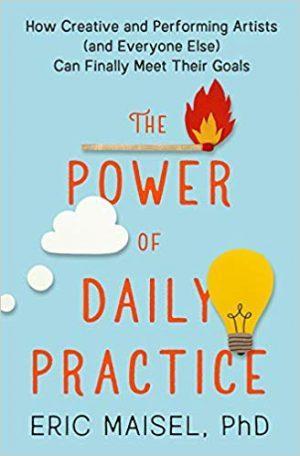Immersion
0,00 €
| Publication date | |
|---|---|
| Language of origin | |
| Infos : | 272 pages |
Lioncrest Publishing
No one raves about boring movies, bland customer service experiences, or sleep-inducing classes. The world is rapidly transforming into an experience economy as people increasingly crave extraordinary experiences.
Experience designers, marketers, entertainment producers, and retailers have long sought to fill this craving. Now, there’s a scientific formula to consistently create extraordinary experiences. The data shows that those who use this formula increase the impact of experiences tenfold.
Creating the extraordinary used to be extraordinarily hard. Immersion offers a framework for transforming nearly any situation from ordinary to extraordinary. Based on twenty years of neuroscience research from his lab and innumerable client applications, Dr. Paul J. Zak explains why brains crave the extraordinary. Clear instructions and examples show readers exactly how to create amazing experiences for customers, prospects, employees, audiences, and learners.
You can guess if your experience will be extraordinary—or you can apply the insights from Immersion to ensure it is.






